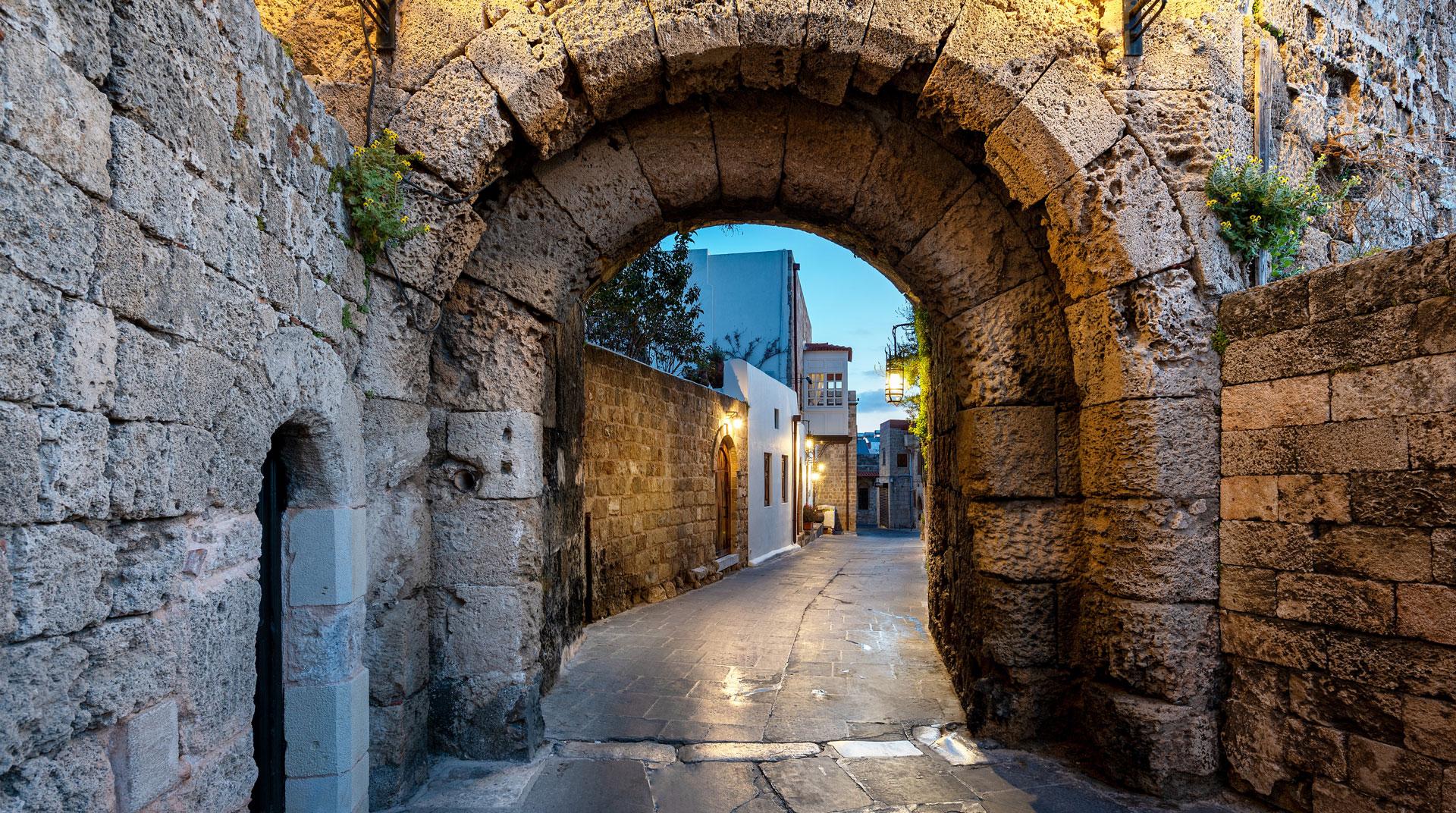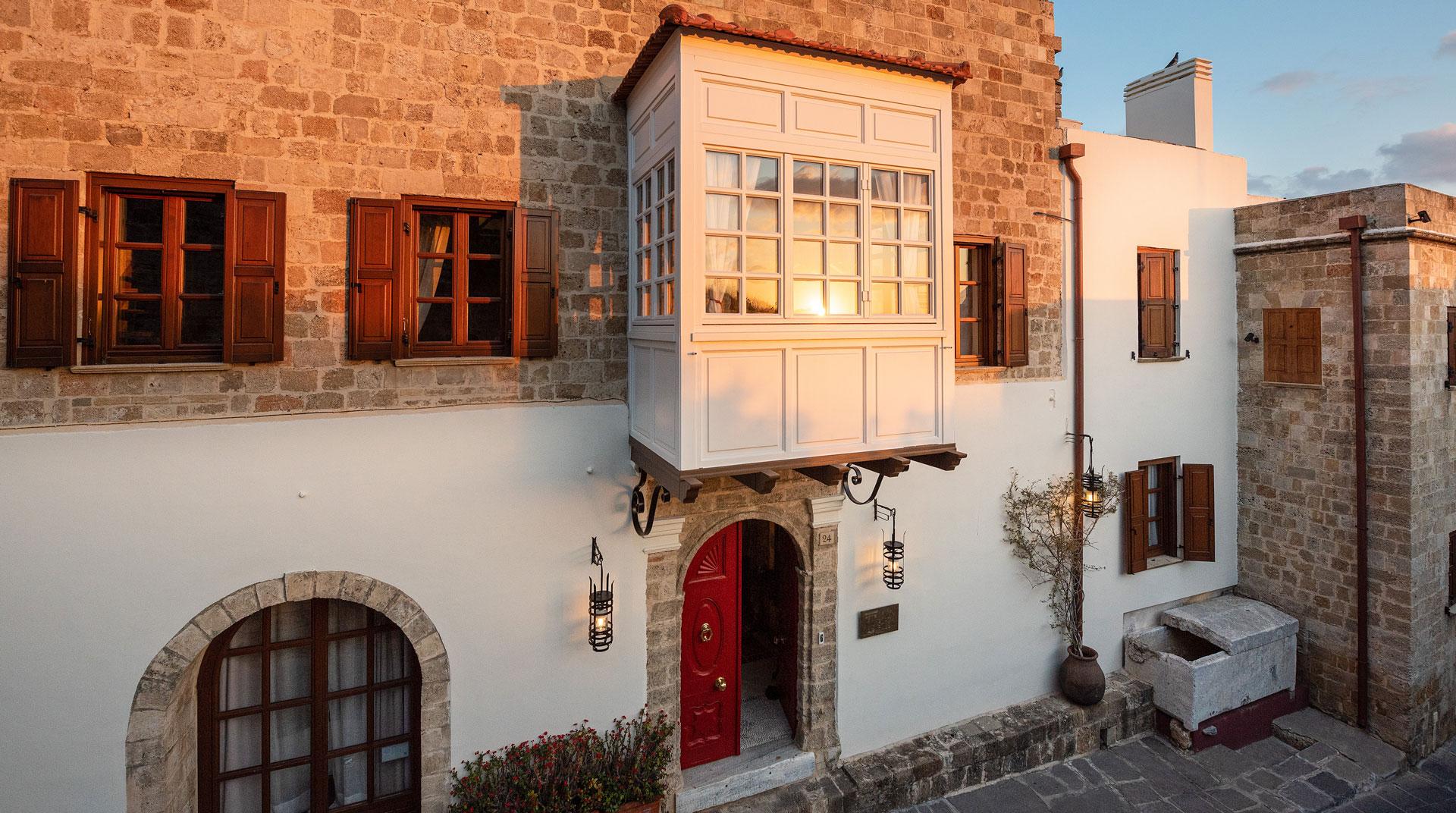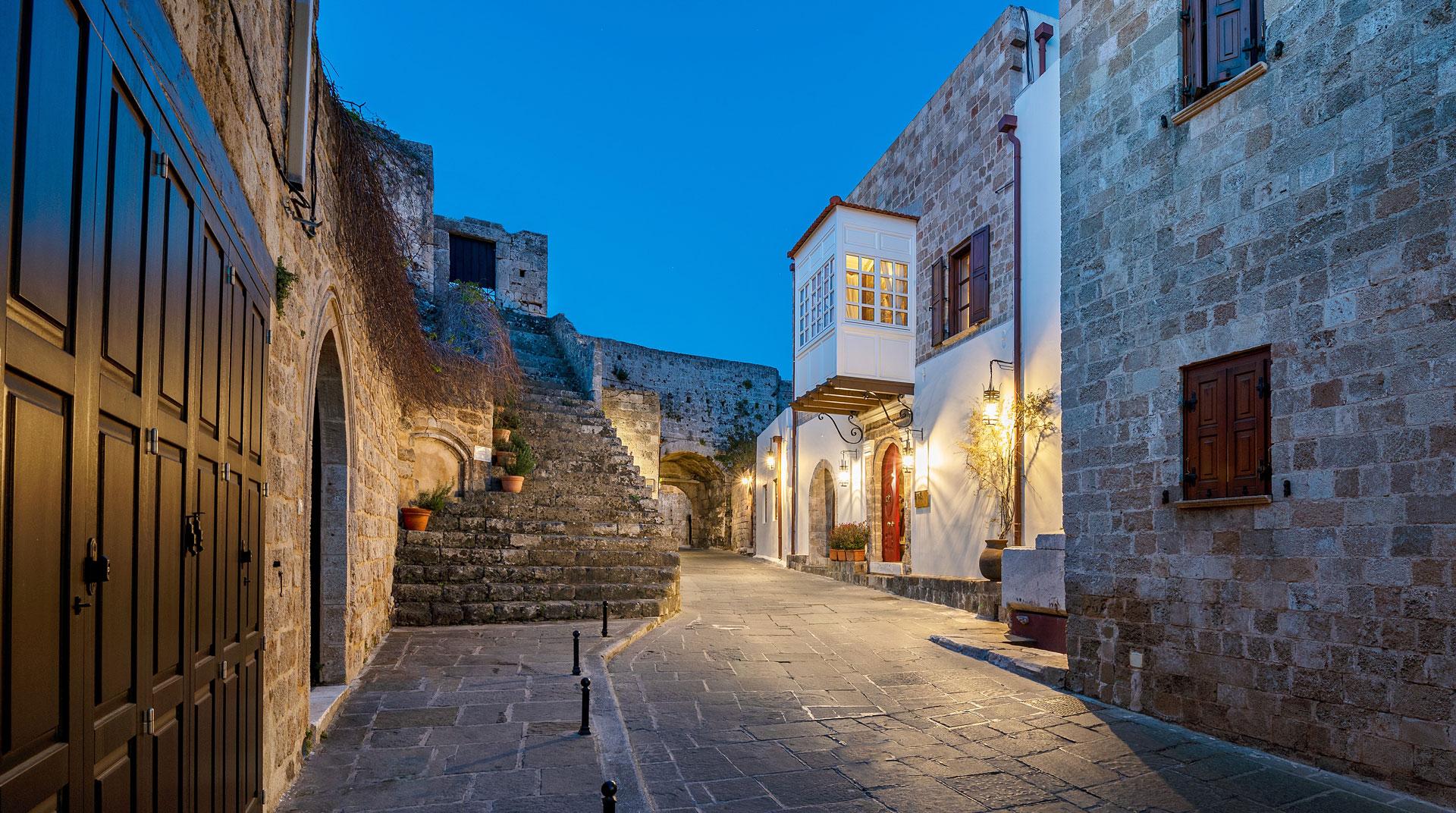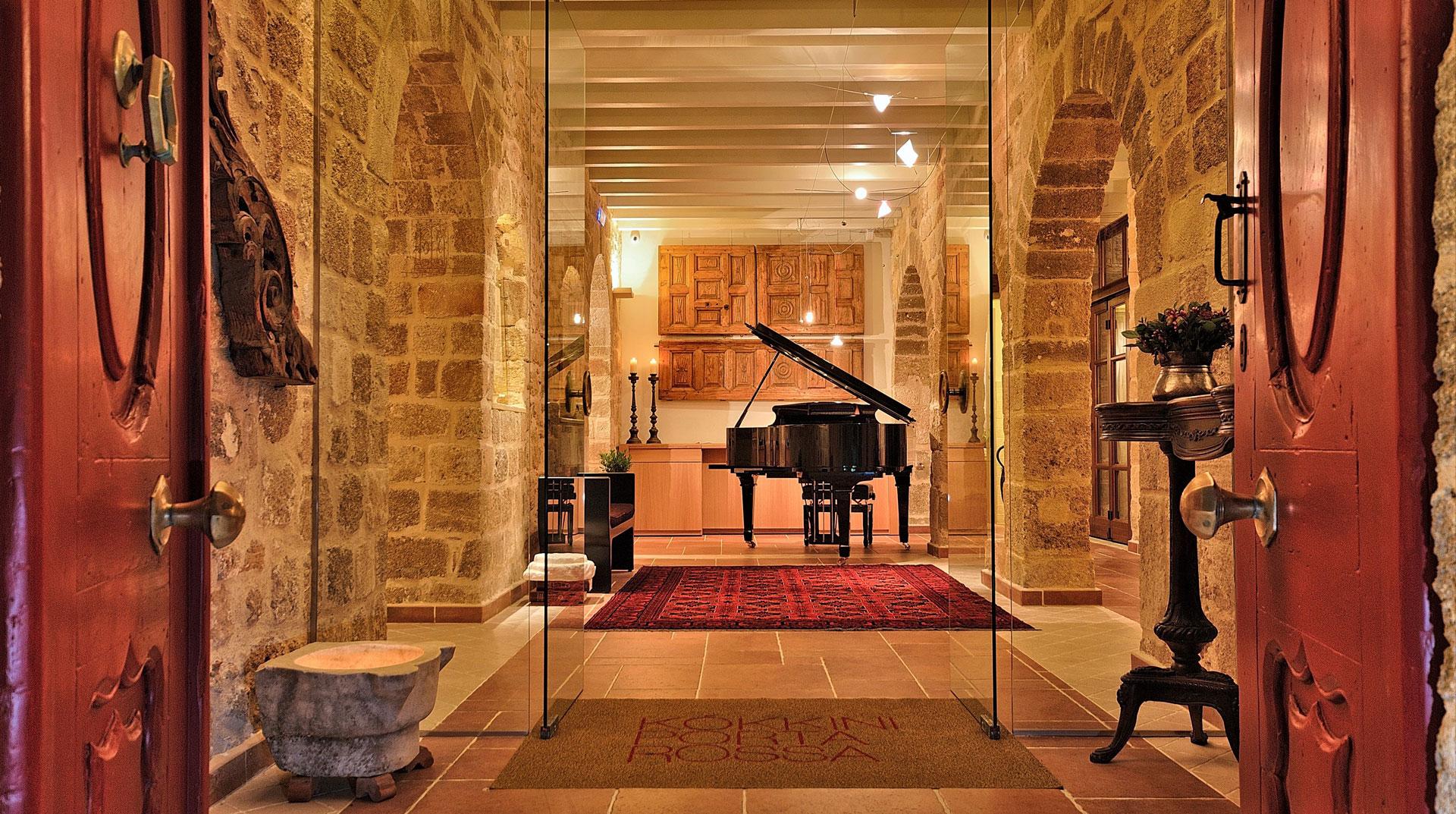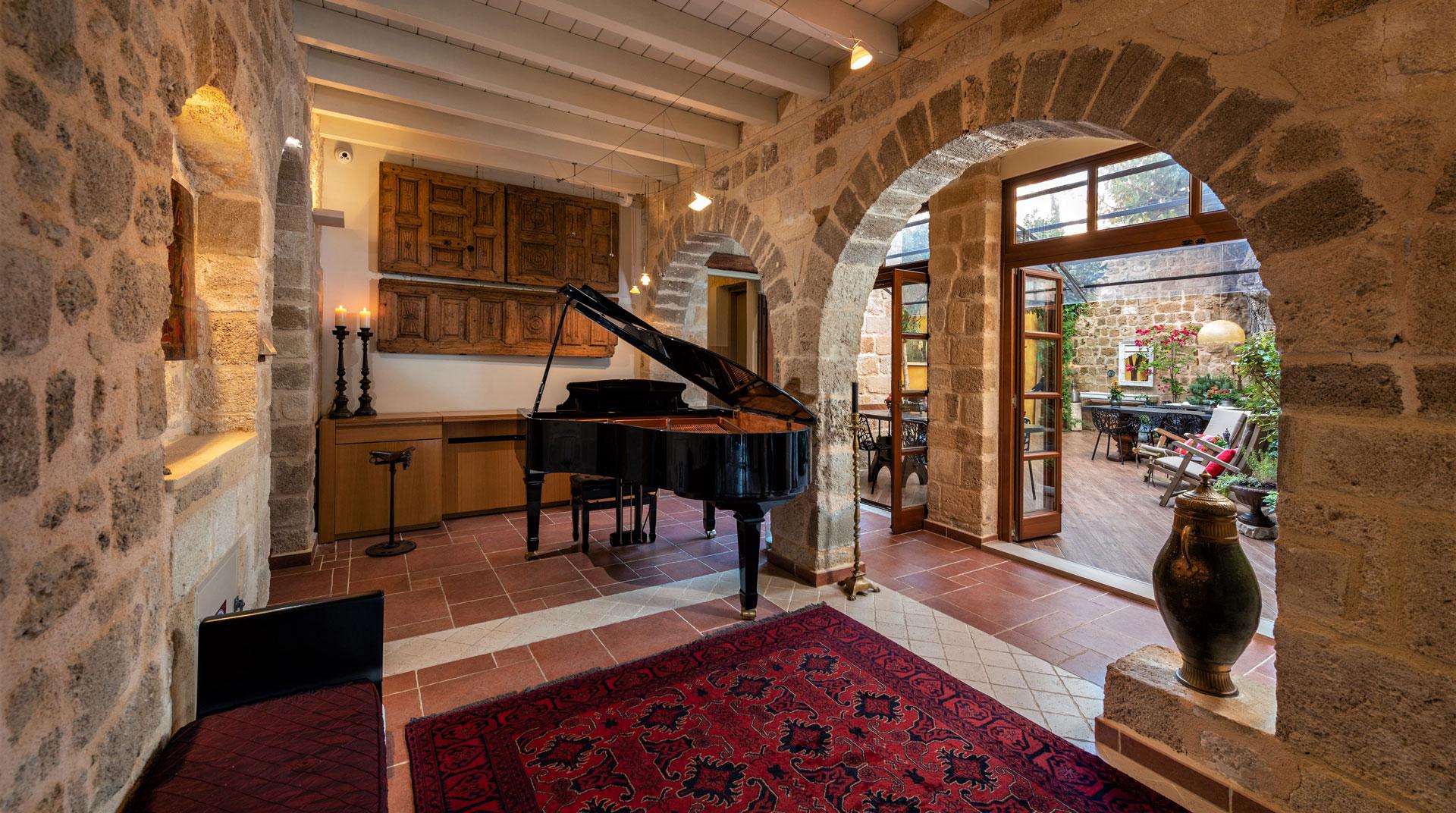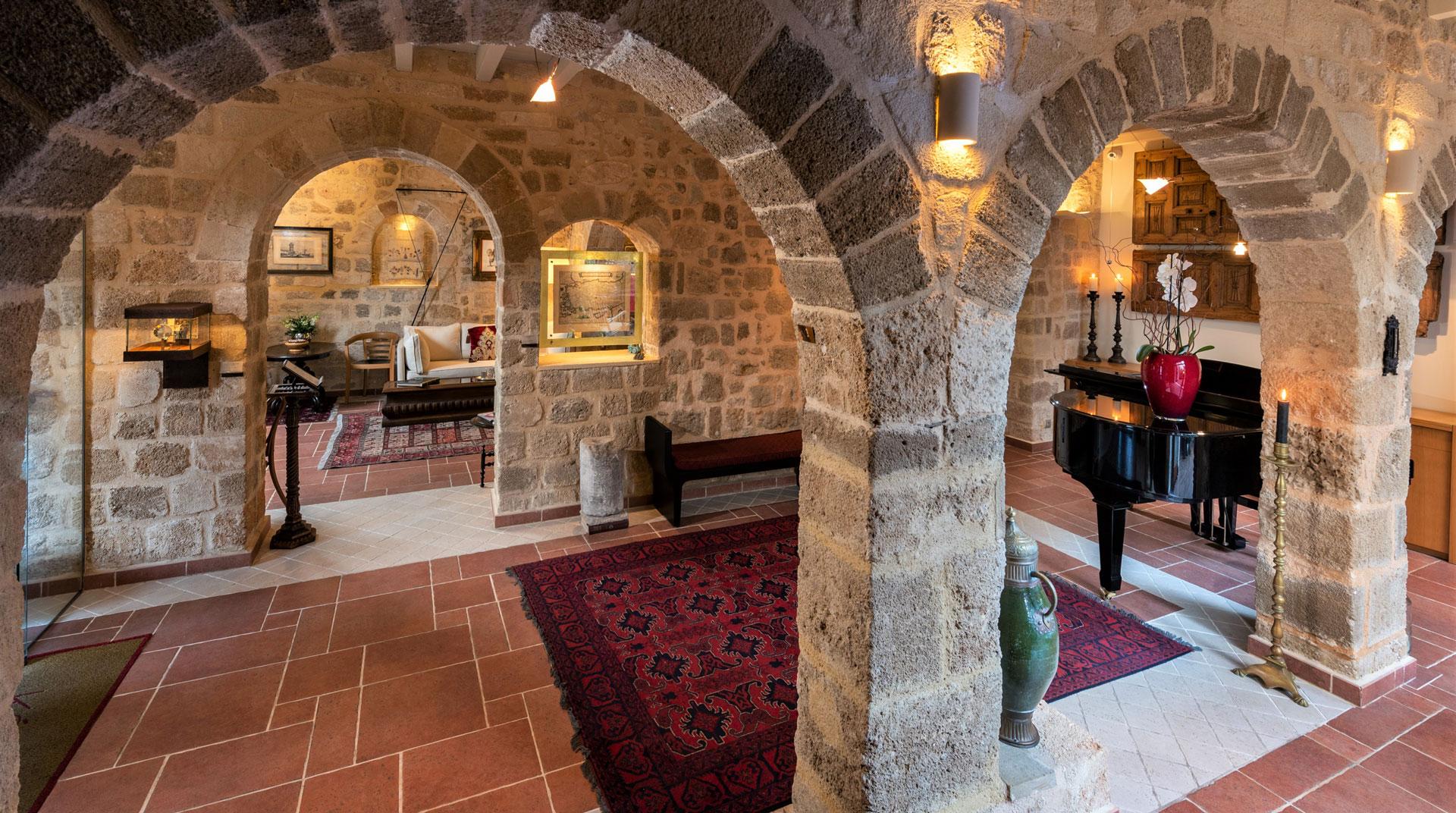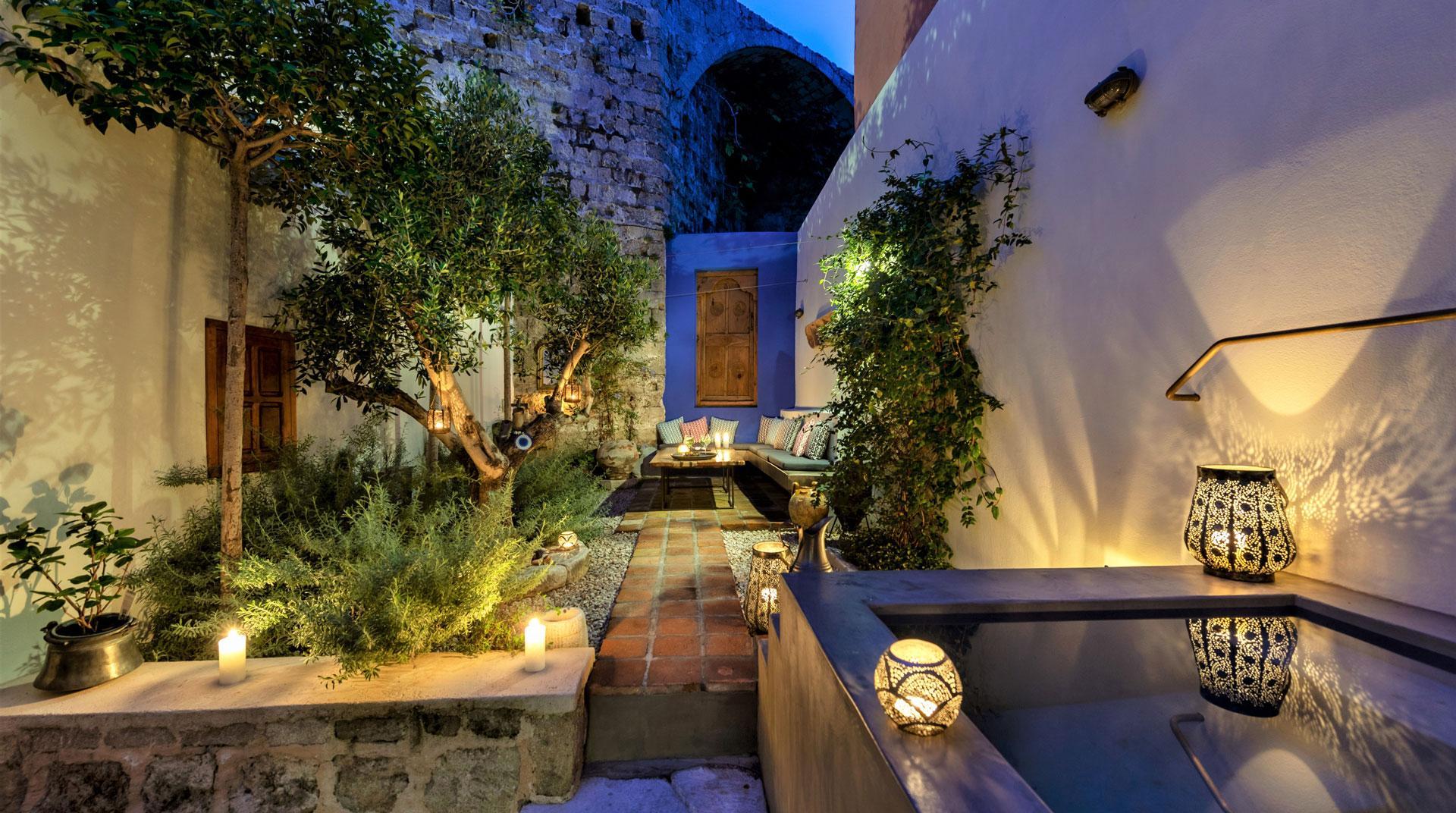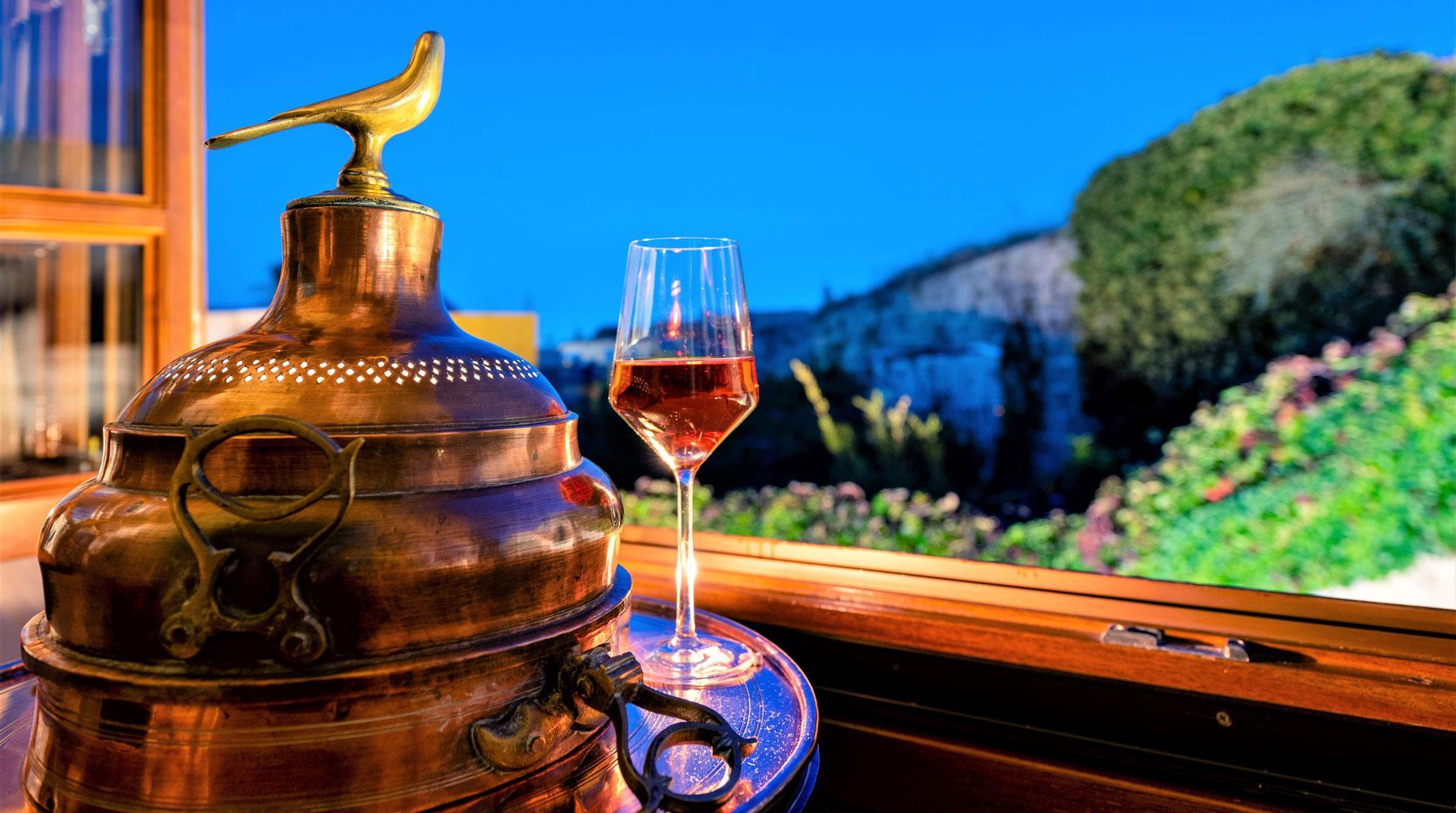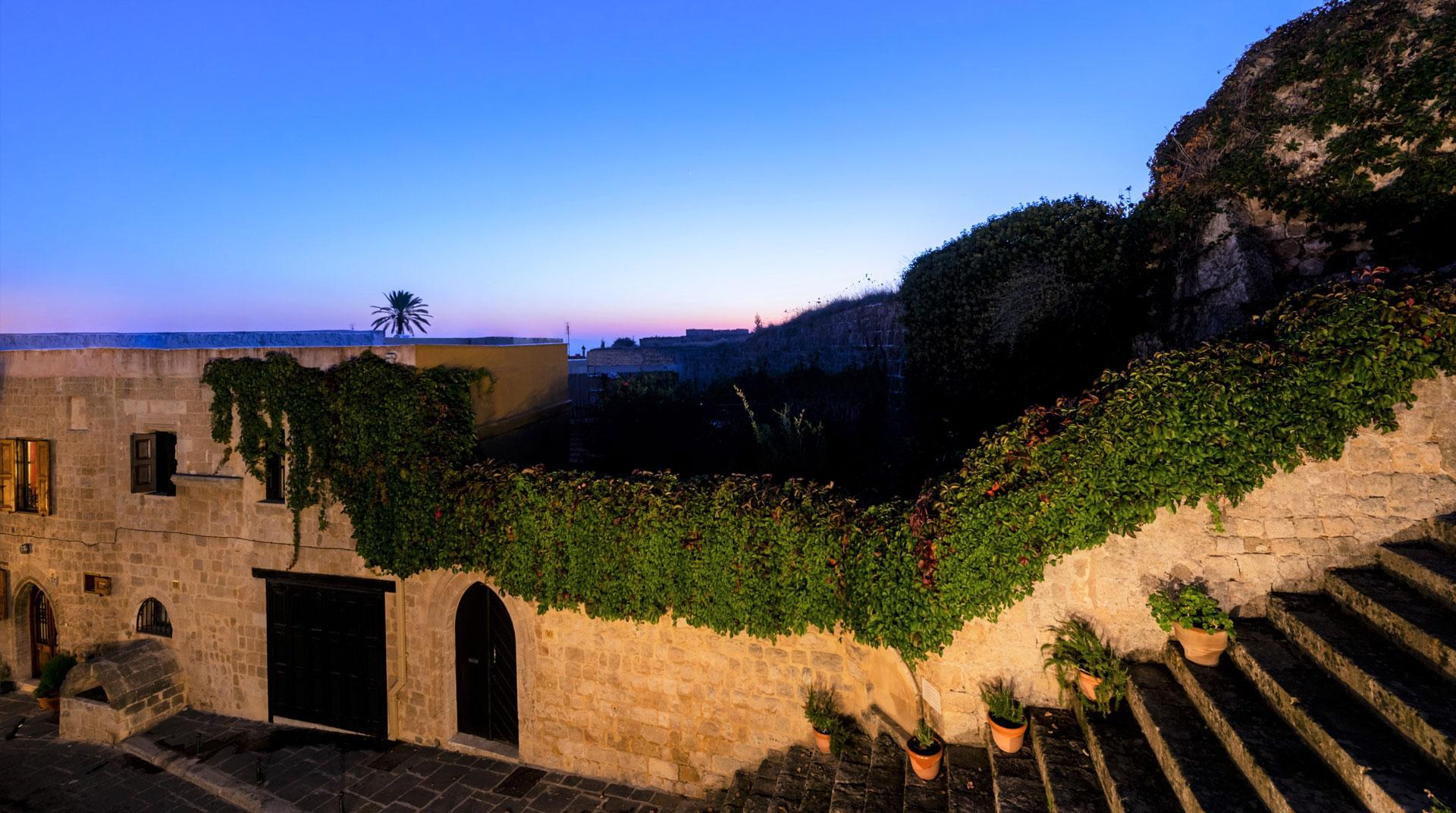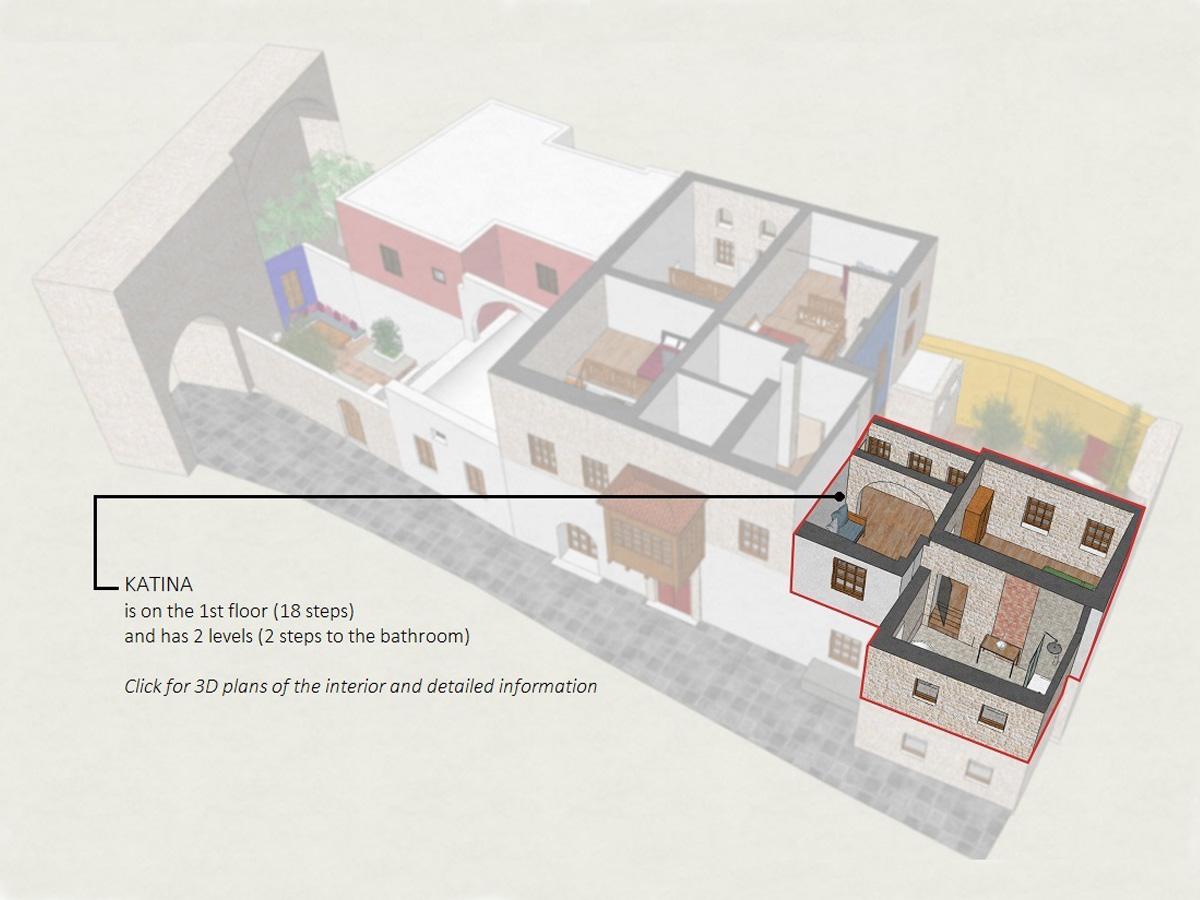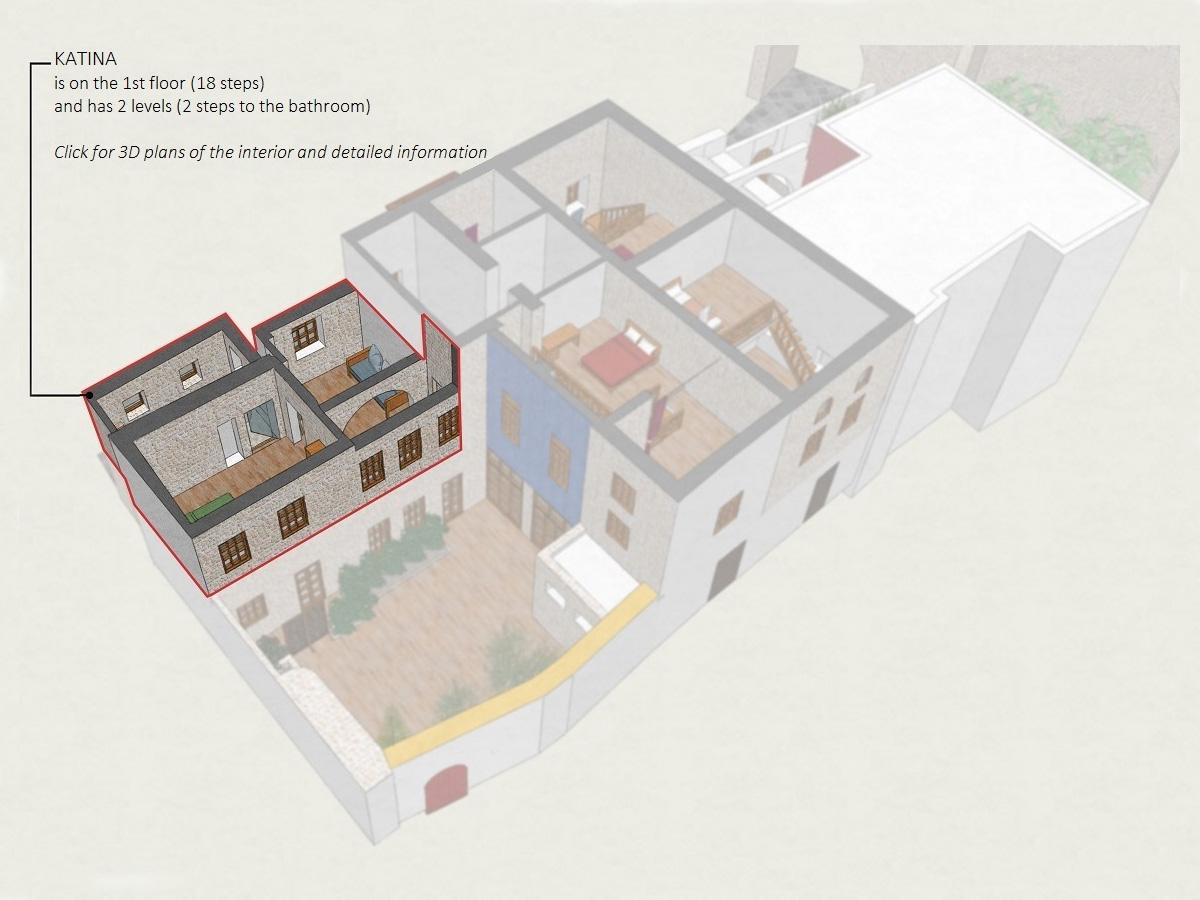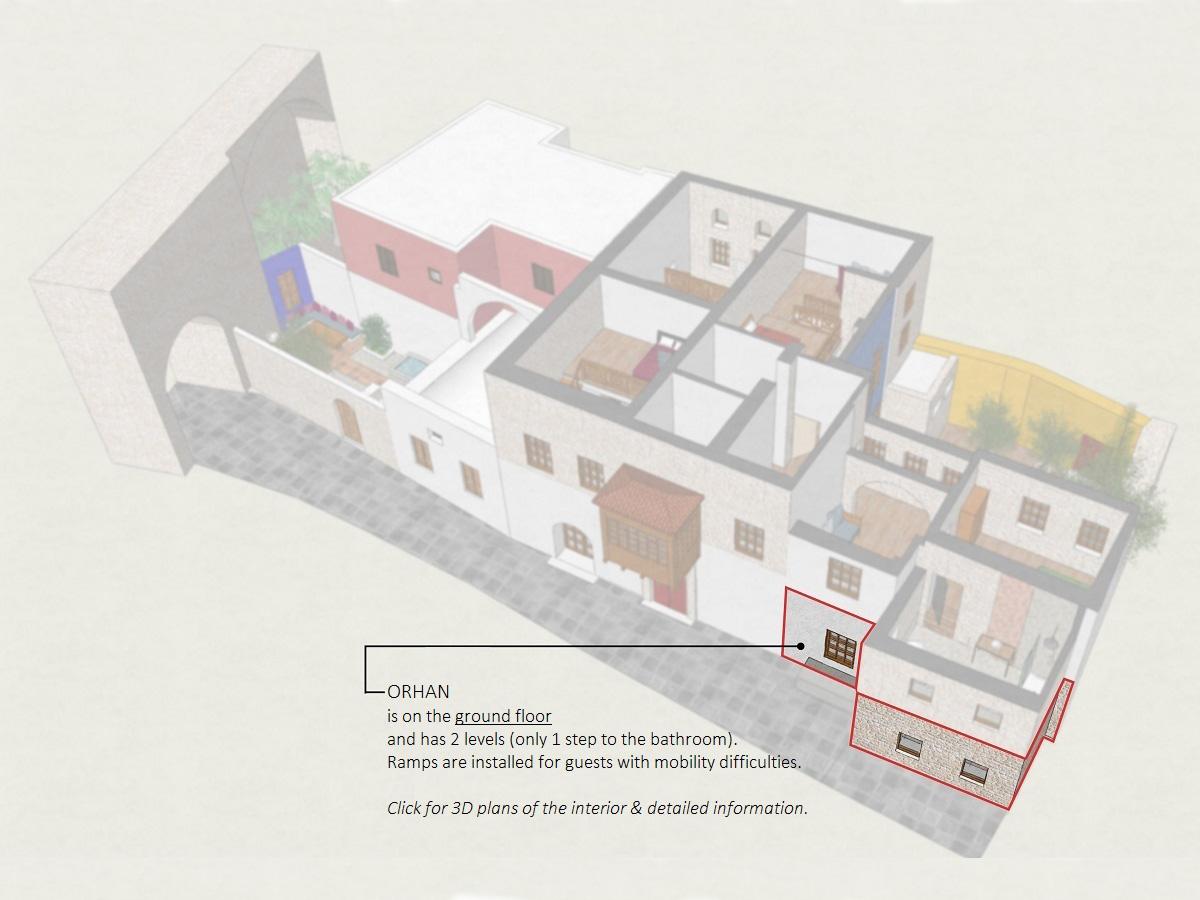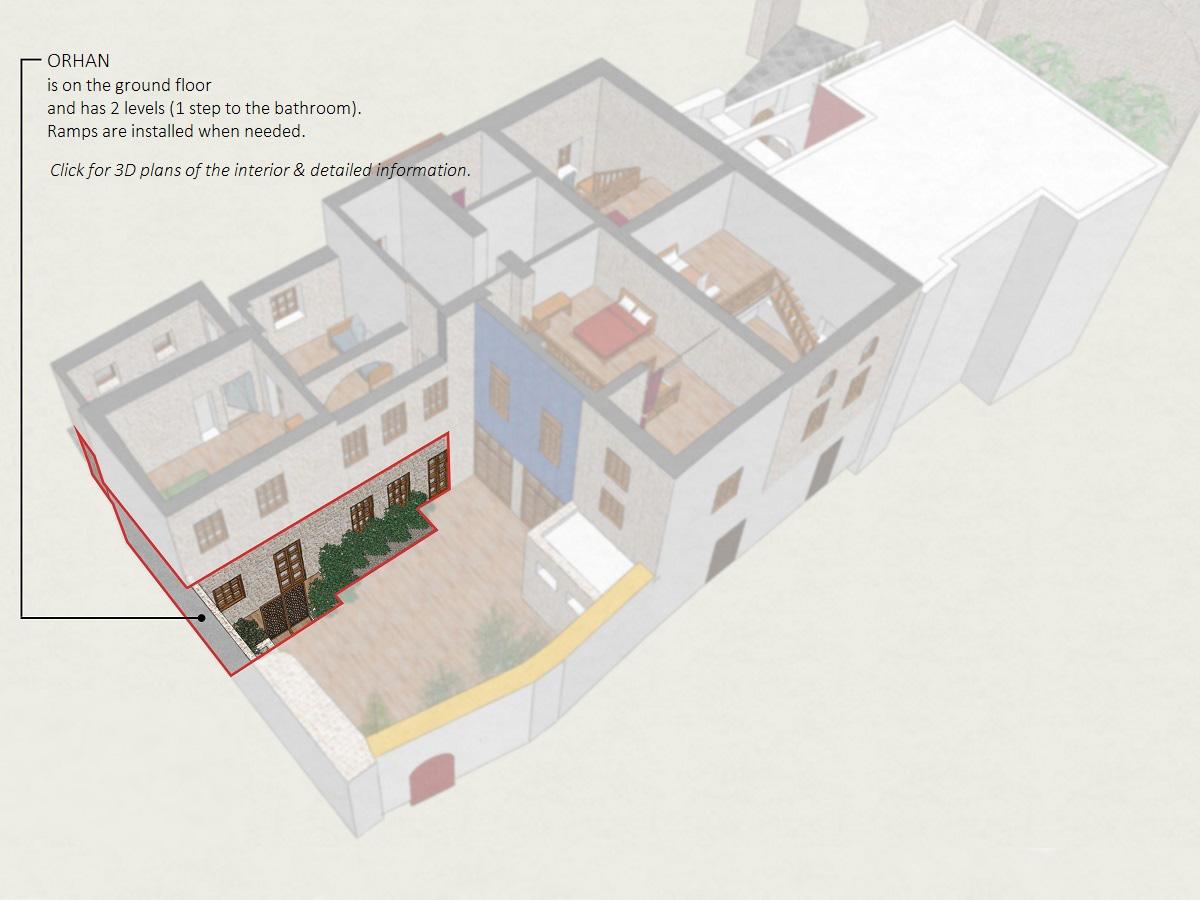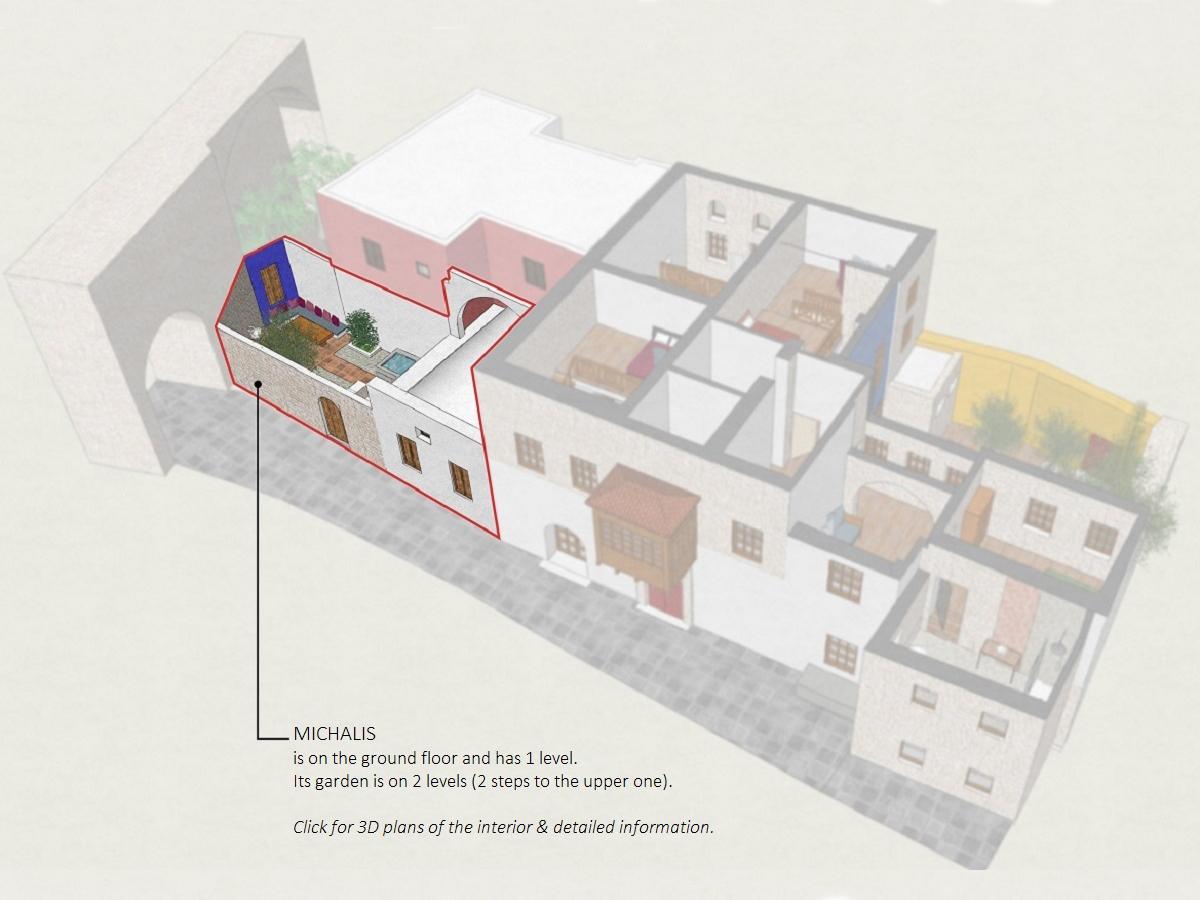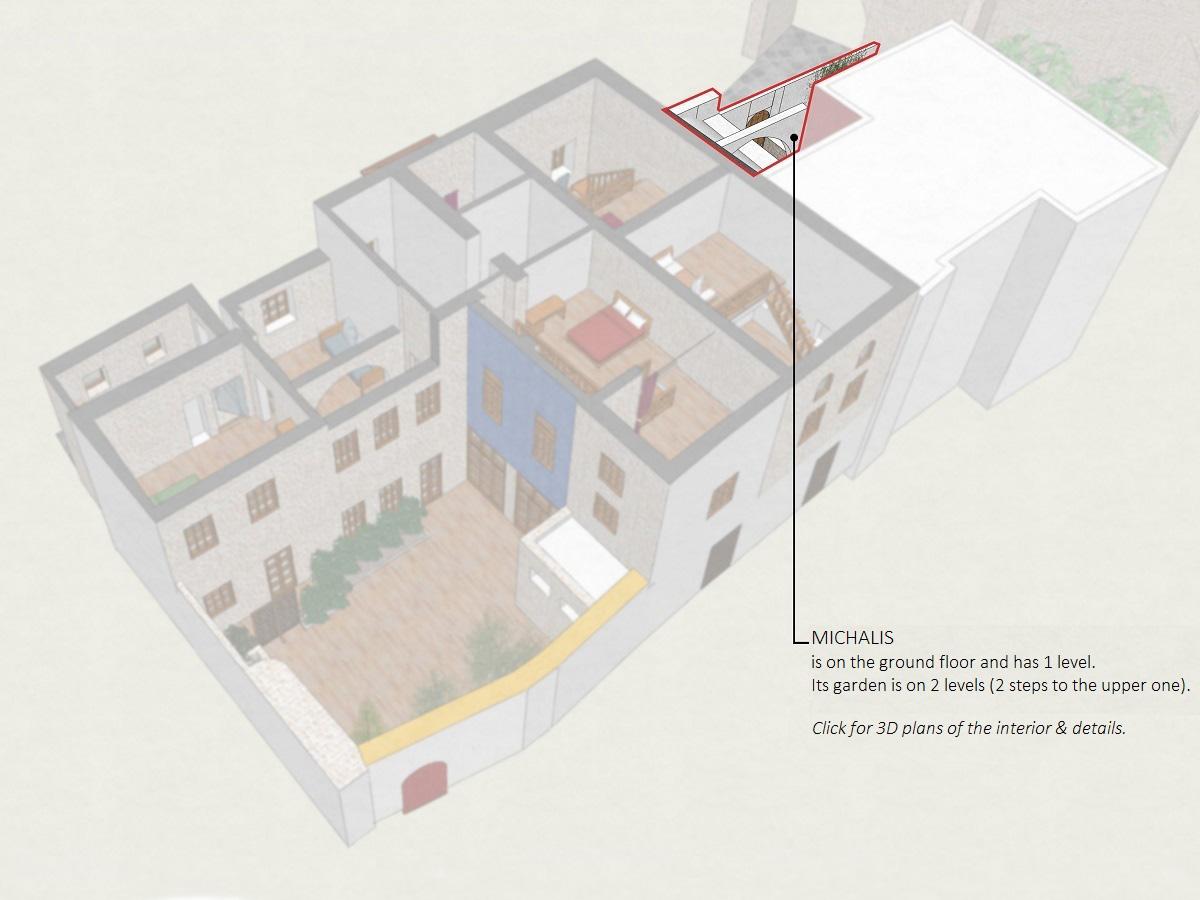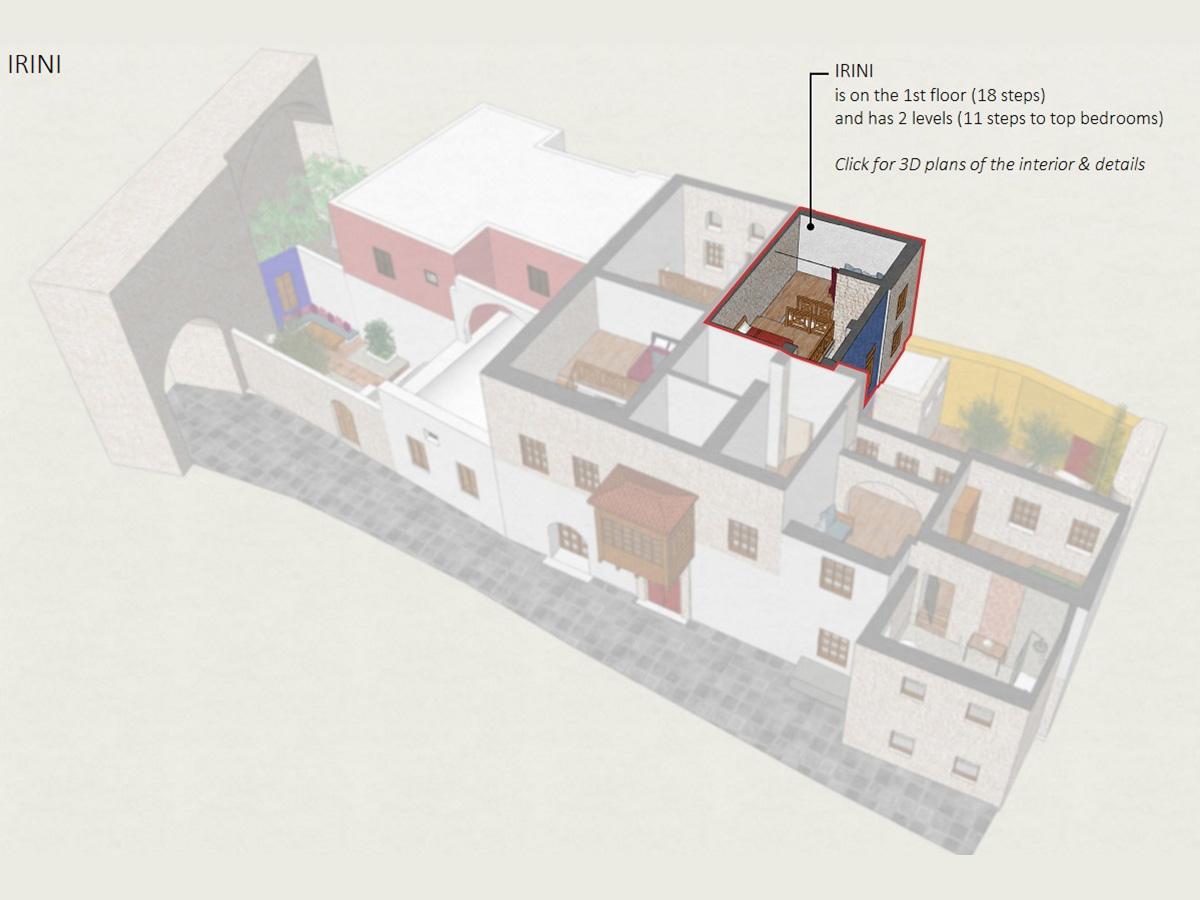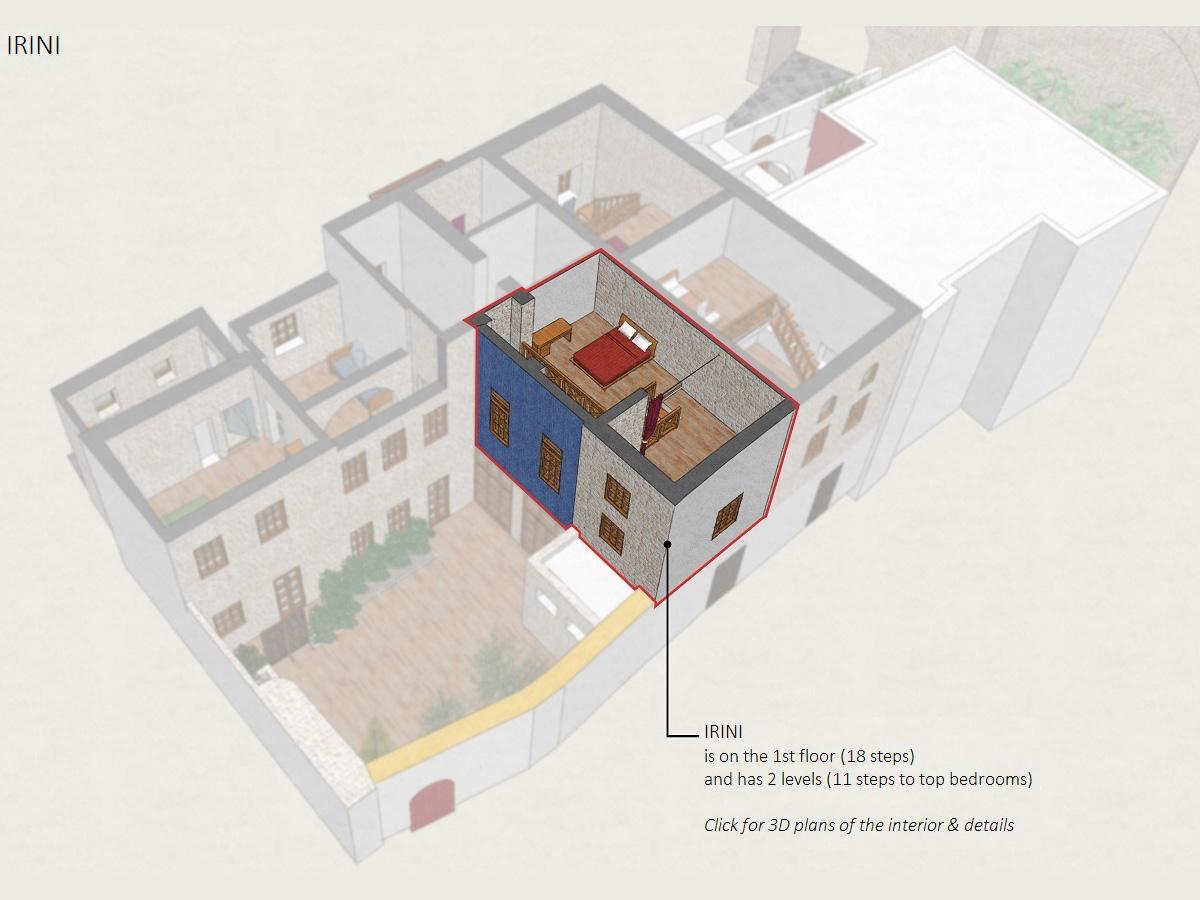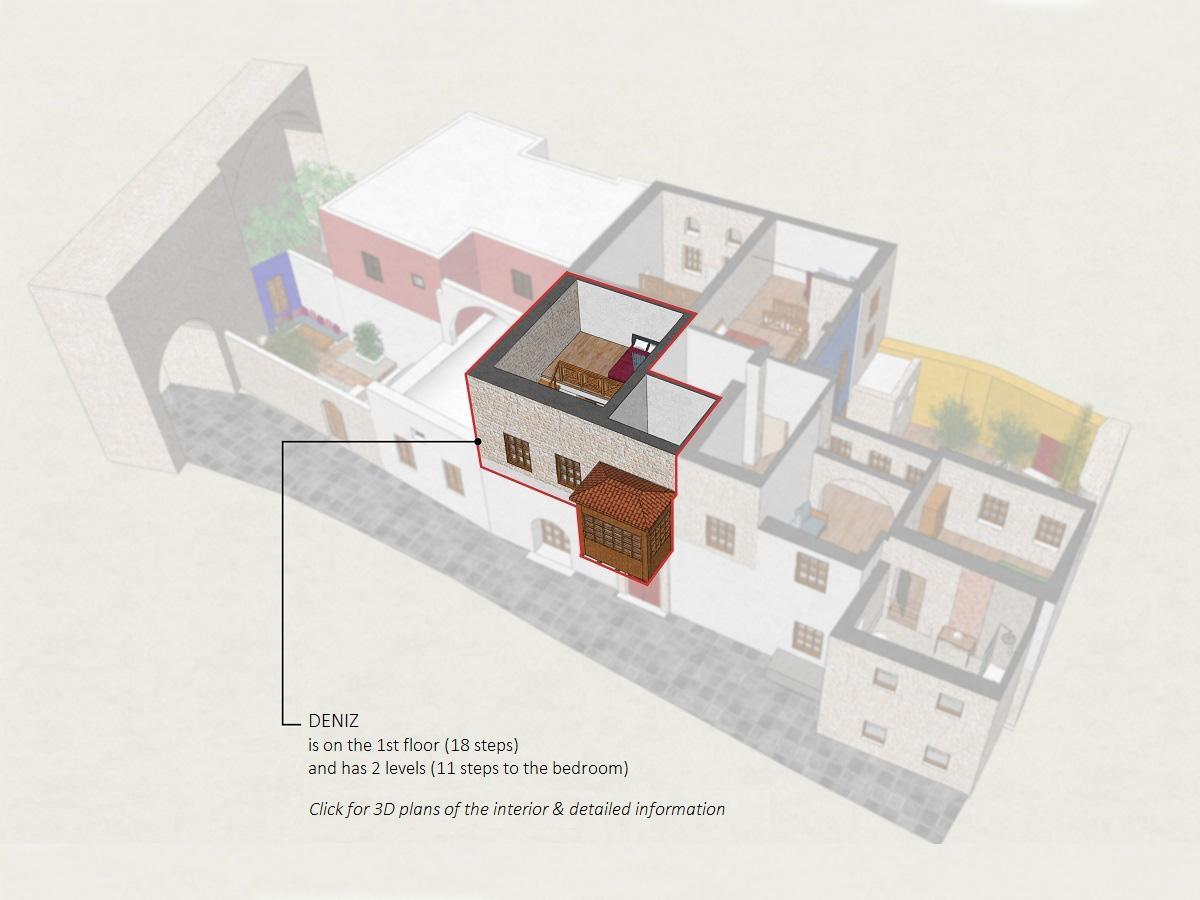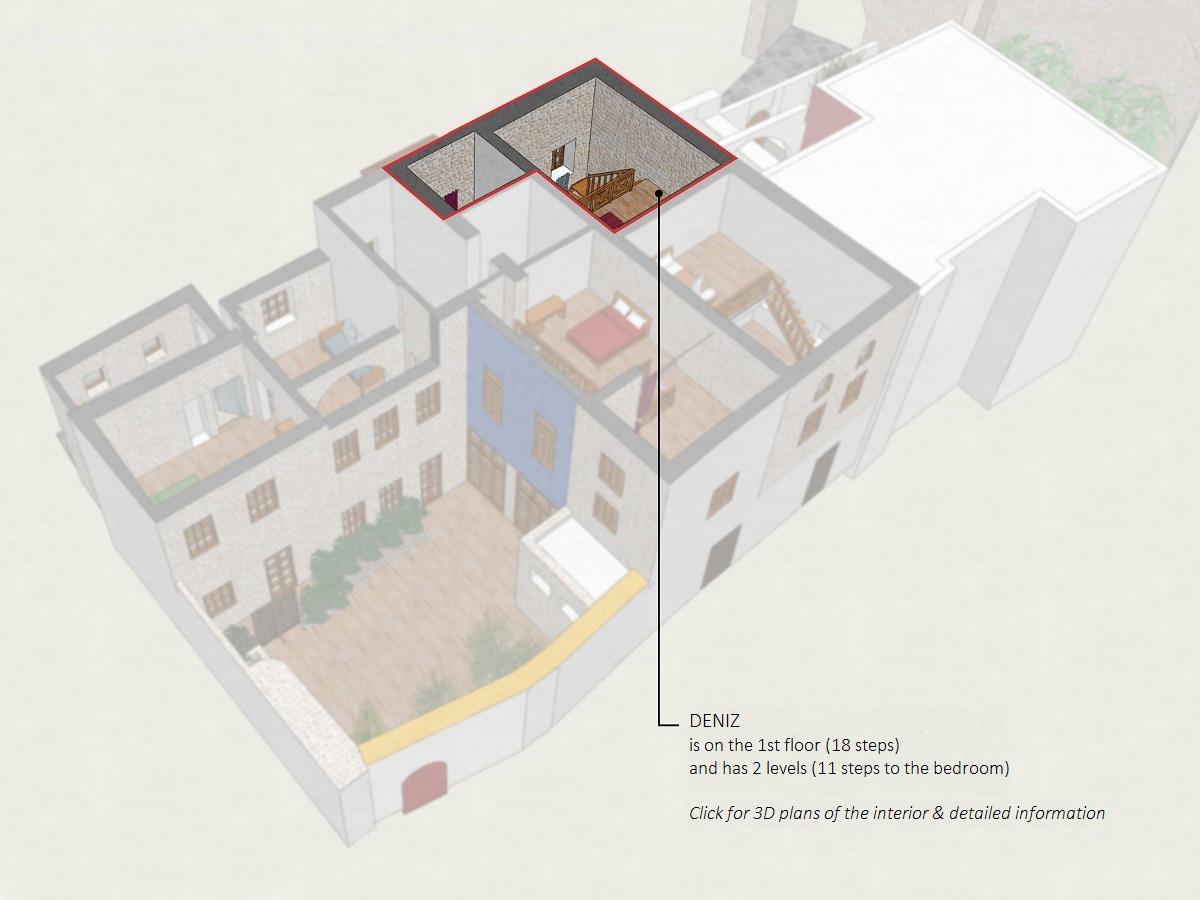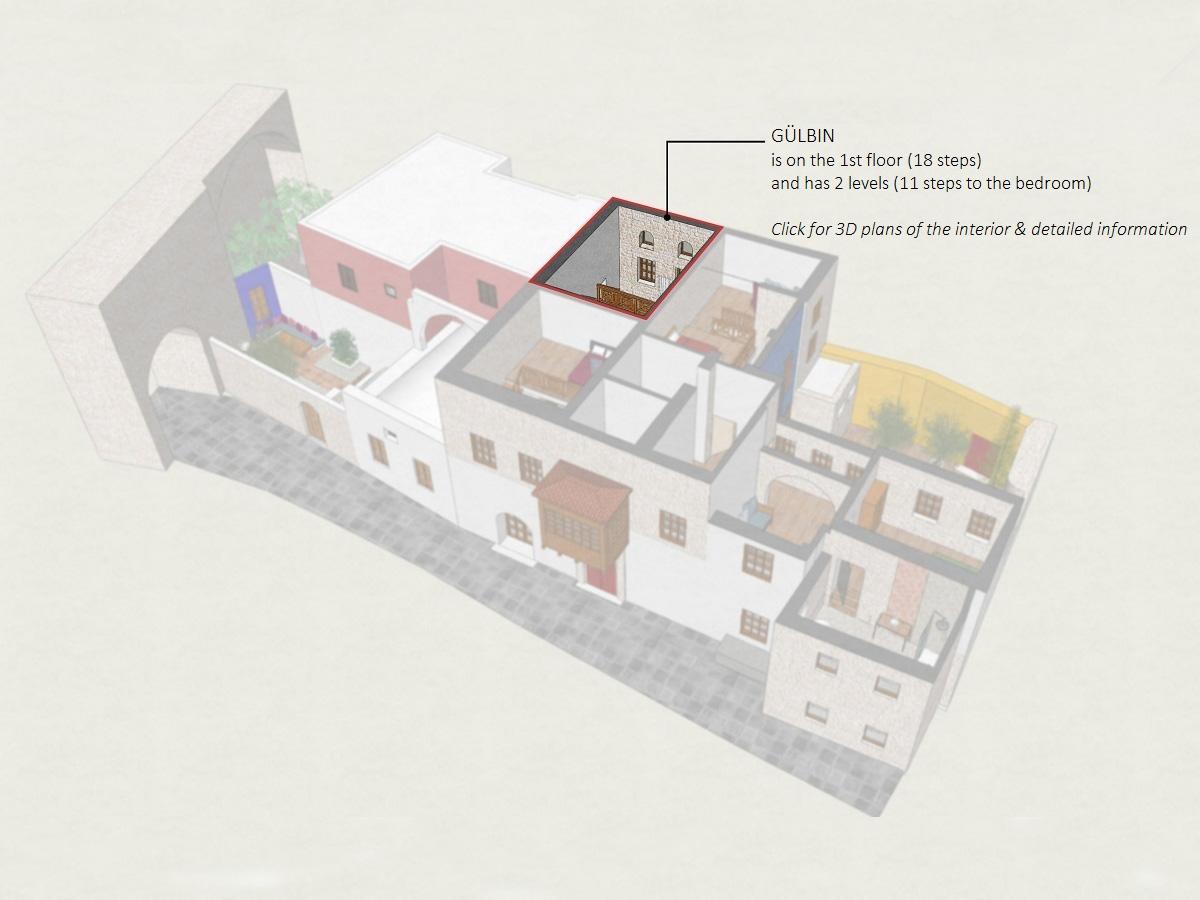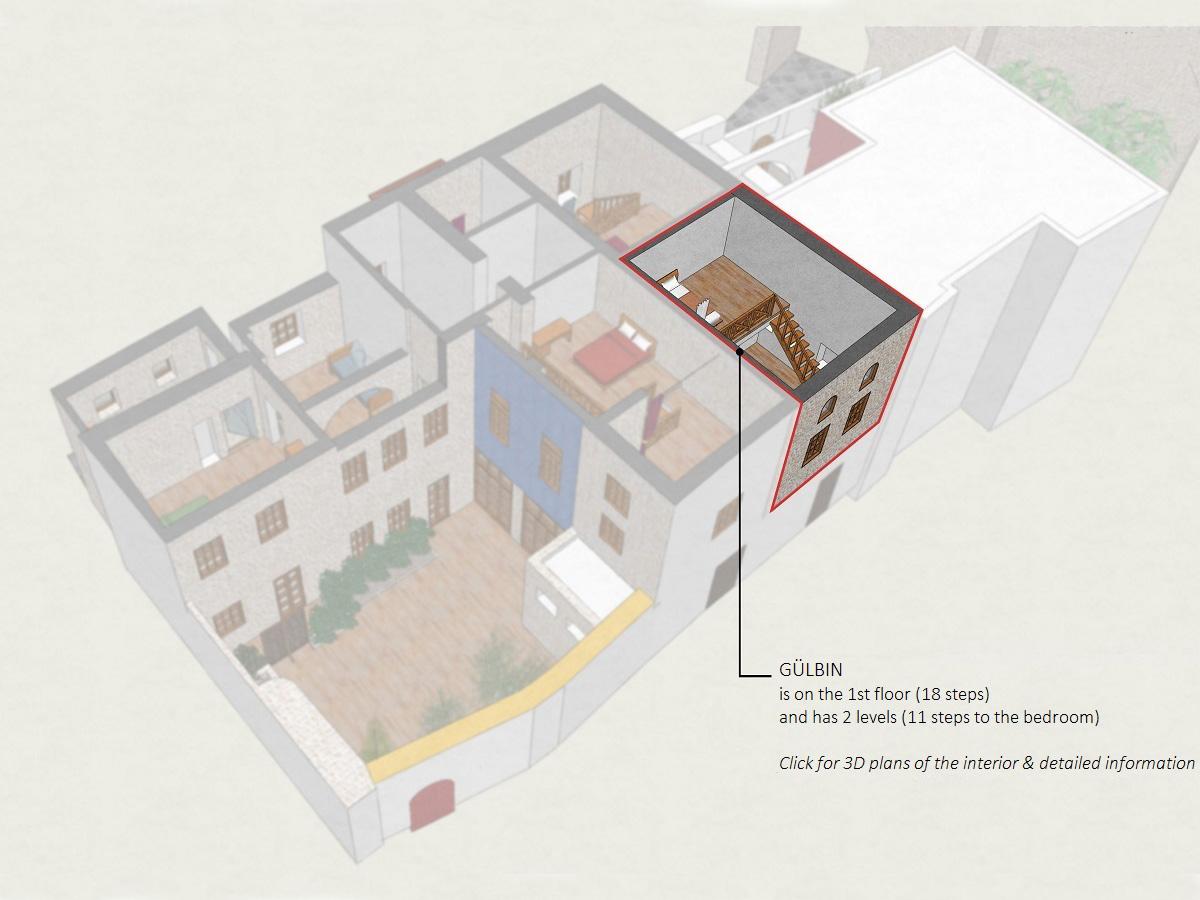Among the thousands of tourists visiting Rhodes every year, some are not drawn only by the beauties and the archeological sites of the island.
Whatever it is that unites them, also drives them to return every year to the island for family functions, events, and memorial services that mark their deportation, or just to be together for a few days.
It is accepted that a Jewish community existed on Rhodes since the first century BCE. They are also mentioned around 650 CE, when the Arabs sold the remains of the Colossus to a Jew (90 camel loads of precious bronze).
In 1170, Benjamin of Tudela on his journey from the Iberian Peninsula to the Holy Land, reports he found a community of 500 Jews in Rhodes.
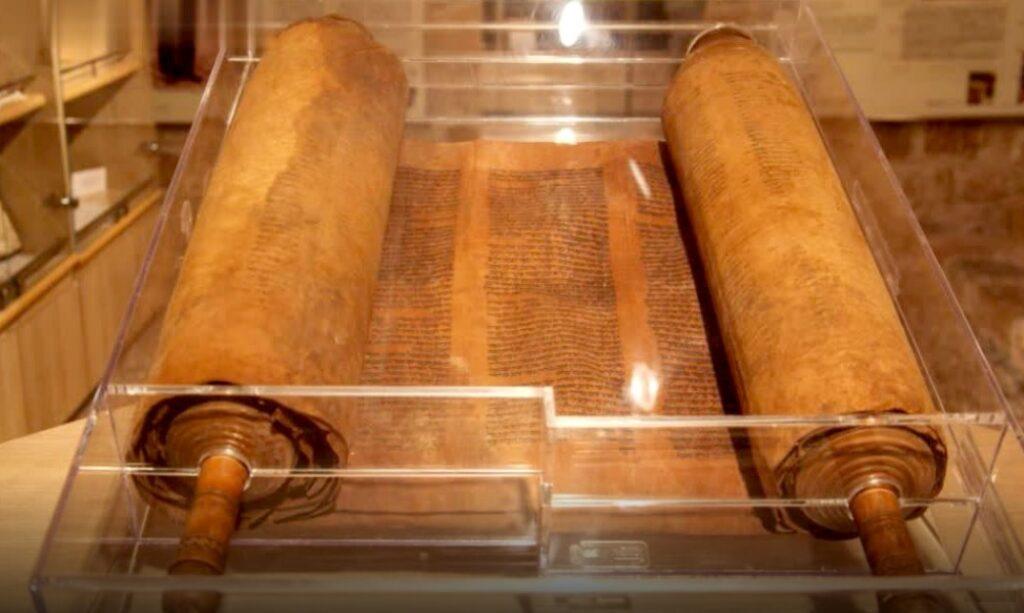 See more photos further below.
See more photos further below.
The Knights of the Order of St. John, driven away from the Holy Land landed in Rhodes in 1309.
During the first major Ottoman attack in 1480, the Juderia, the Jewish quarter of the walled city, being near the harbor, was heavily bombarded by the Turks.
The attackers broke through the wall, destroyed most of the Jews’ homes, but were eventually driven by the Knights back to Anatolia.
This was thought to be a miracle.
The Knights therefore built a church in the area and reconstructed the Synagogue, which had been destroyed by the Turks.
The number of Jews in the walled city had grown by the slaves brought here by the knights (almost 1.000) and the Sephardim that arrived from Constantinople and Salonika because of the sultan’s incentives. The Ladino language and the Sephardic customs arrived with them and were used until 1944.
Greeks were forced by the Turks to abandon their homes in the walled city, while Jews were allowed to remain in the Juderia, have their own schools and court of justice.
Around 1890 some desperate and daring ones started leaving to continents and countries promising a better future for themselves and their families.
One or more men from a family would leave first. Women and children would follow.
For a while, everything was fine for the 4.500 Jews of Rhodes. Their number was actually increased by Jews who moved here from Italy.
He prohibited kosher slaughtering, closed the rabbinical seminary founded in 1928, he even forced Jewish shopkeepers to keep their shops open on Saturdays and holy days.
He also ordered all Jews who had obtained Italian citizenship after 1919 to leave Rhodes within six months.
The Italians surrendered in 1943 and Rhodes was taken over by the Germans. Early in 1944, 34 Jews were killed in bombings by the Royal Air Force.
On that day, 1.600 men, women and children were taken to the harbor and put into three barely afloat cargo boats.
They had been told they were being taken to a “nearby island”.
Threatening with a diplomatic episode, he demanded by the German commanding officer General Kleeman not to deport those who had Turkish documents and their families.
Ülkümen’s arrogance was not left unpunished by the Germans: soon after, his house was bombed and his pregnant wife was killed in the ruins. The news caused her mother’s suicide.
Ülkümen was taken to Greece, where he was kept by the Nazis until the end of the war.
One thousand two hundred of them were gassed immediately.
A total of 30 men and 120 women lived to be freed at the end of the war. They went to relatives in Europe, Africa and America. Some went to Palestine.
The community in Rhodes was never restored.
After the unification of Rhodes with Greece in 1948, some Jews came from the mainland. Approximately 30 of them have settled and live here now.
The main square of the Juderia was named by the local Greek authorities “Square of the Jewish Martyrs”.
Specialized researchers and guides help visitors better understand the community’s turbulant past, and descendants locate their families’ homes and graves.

